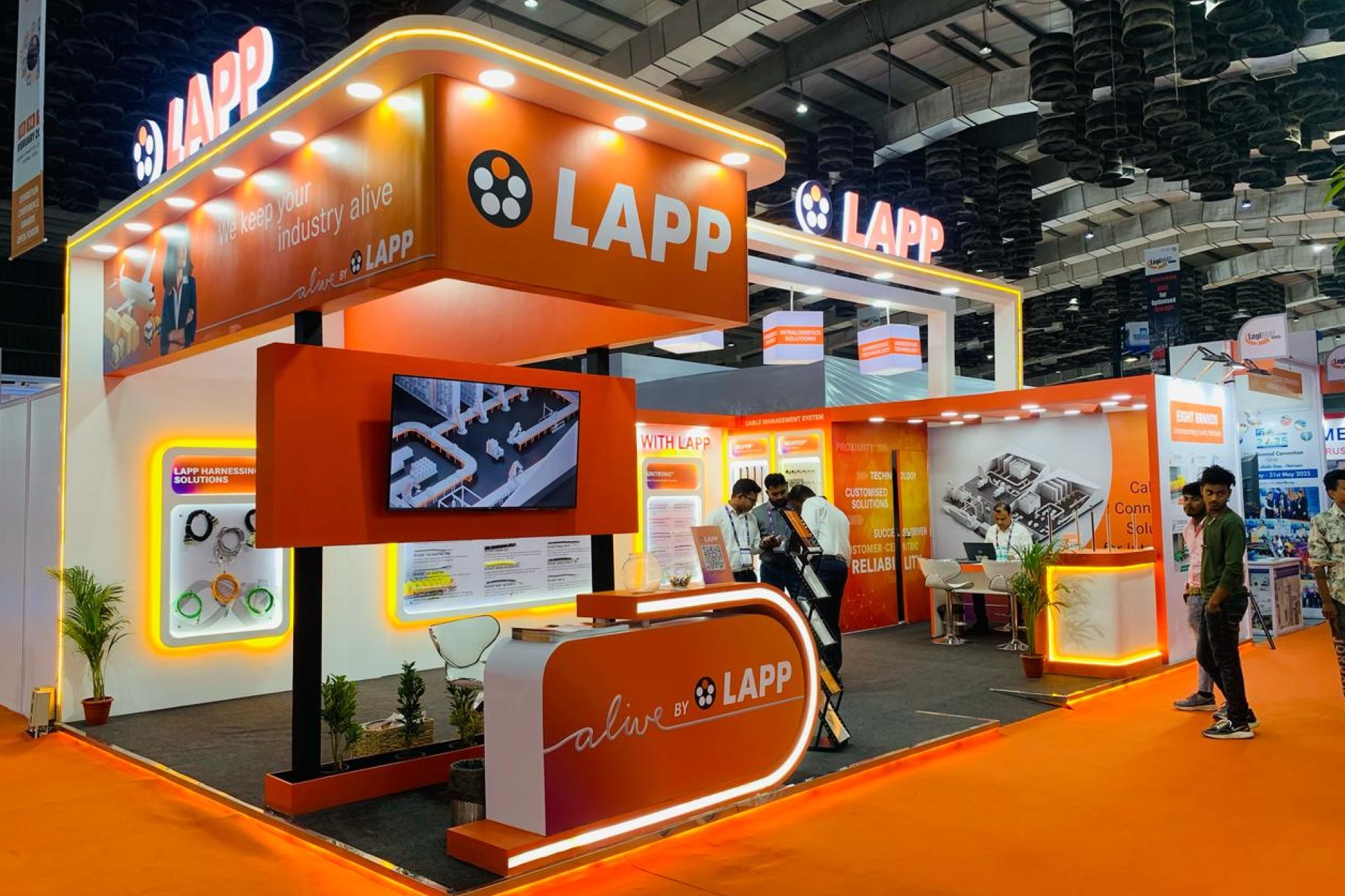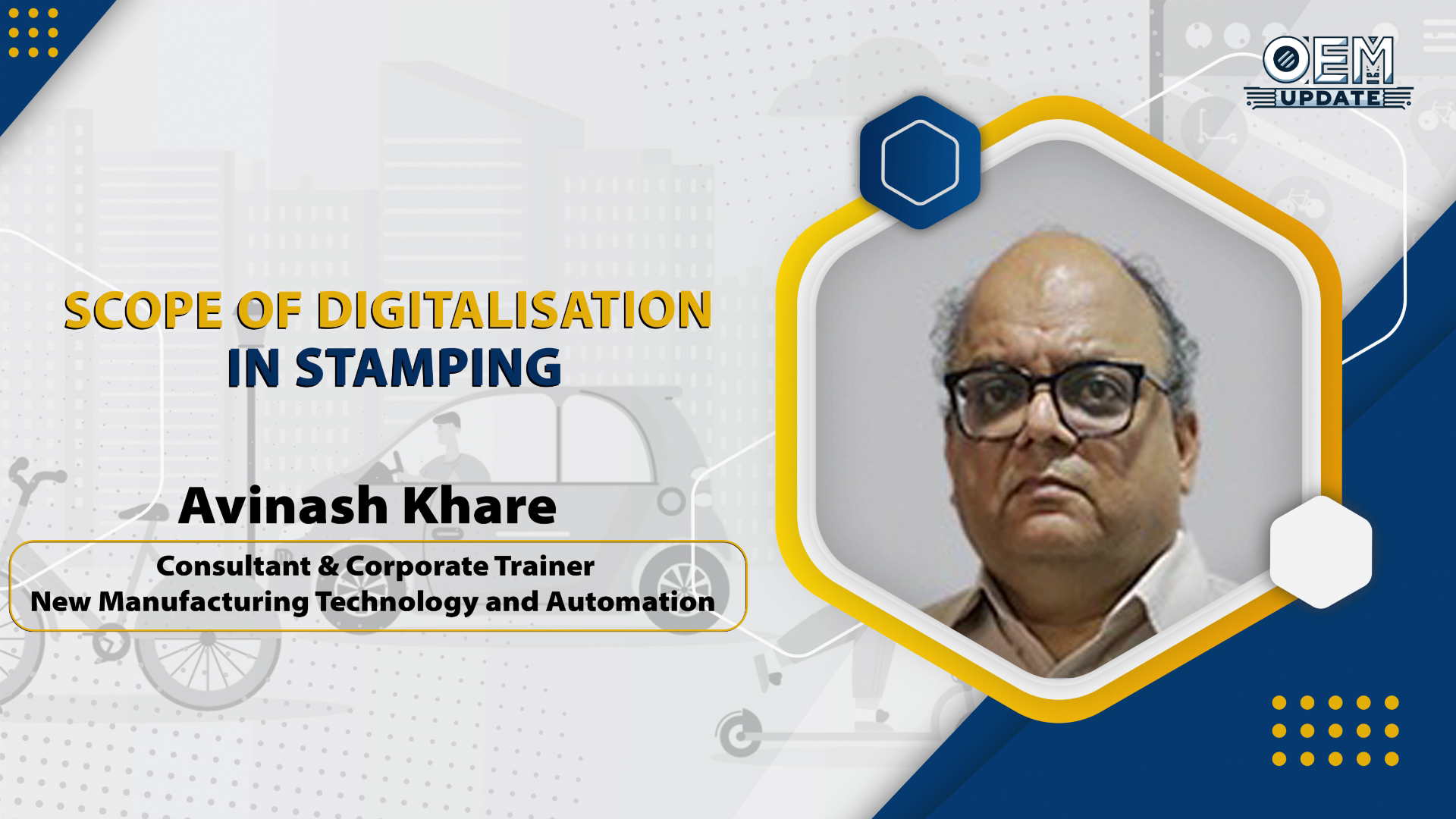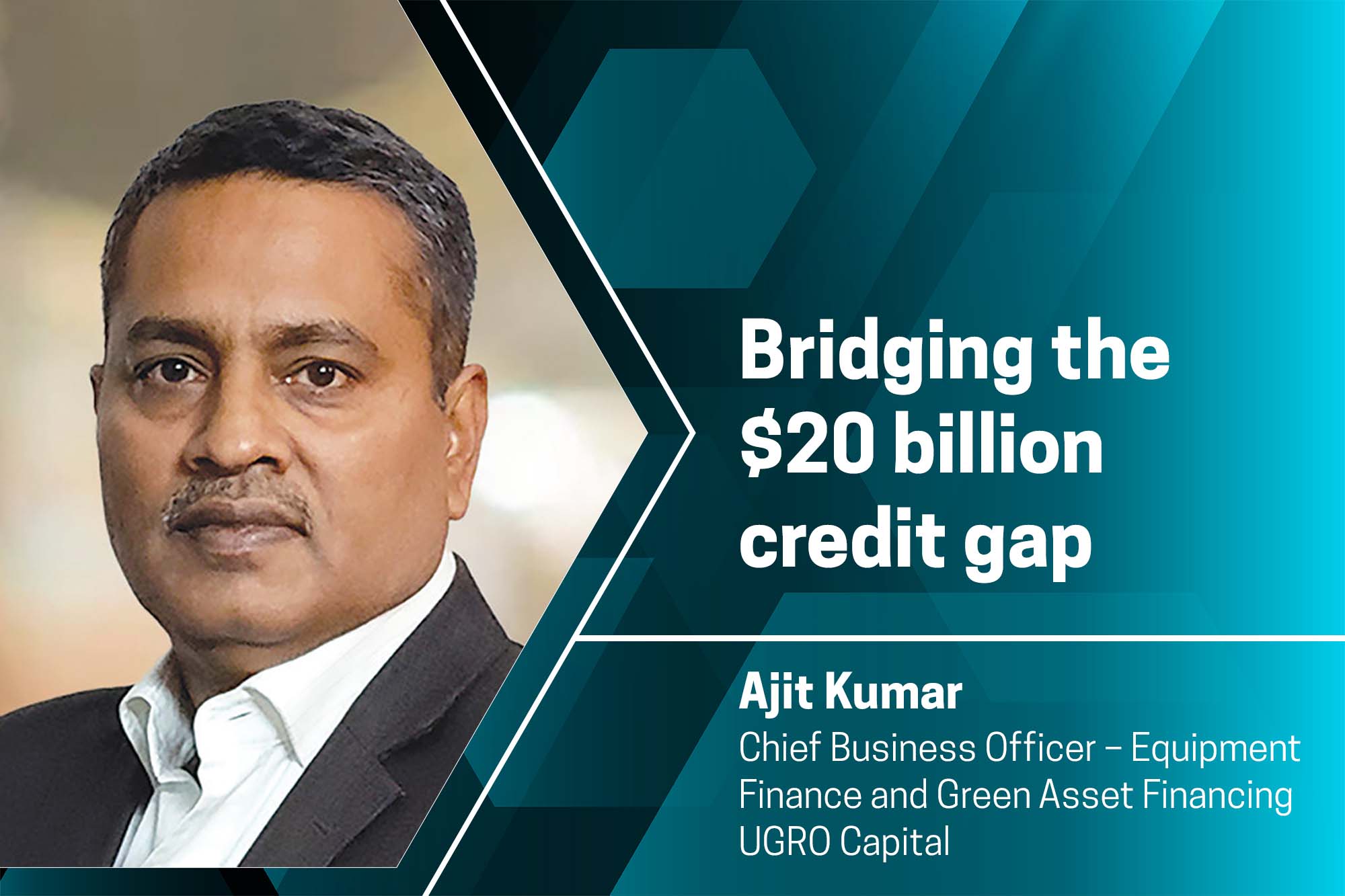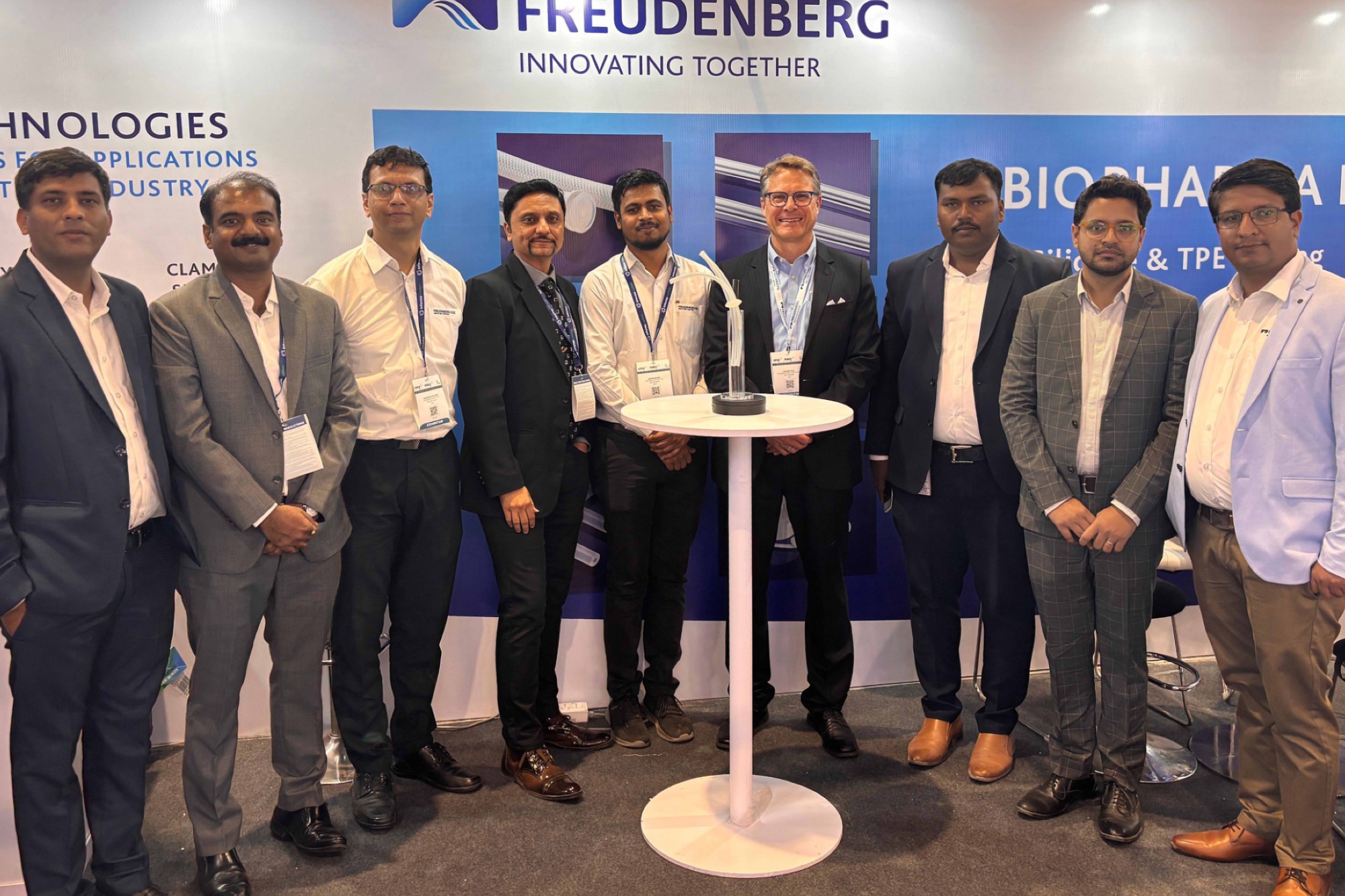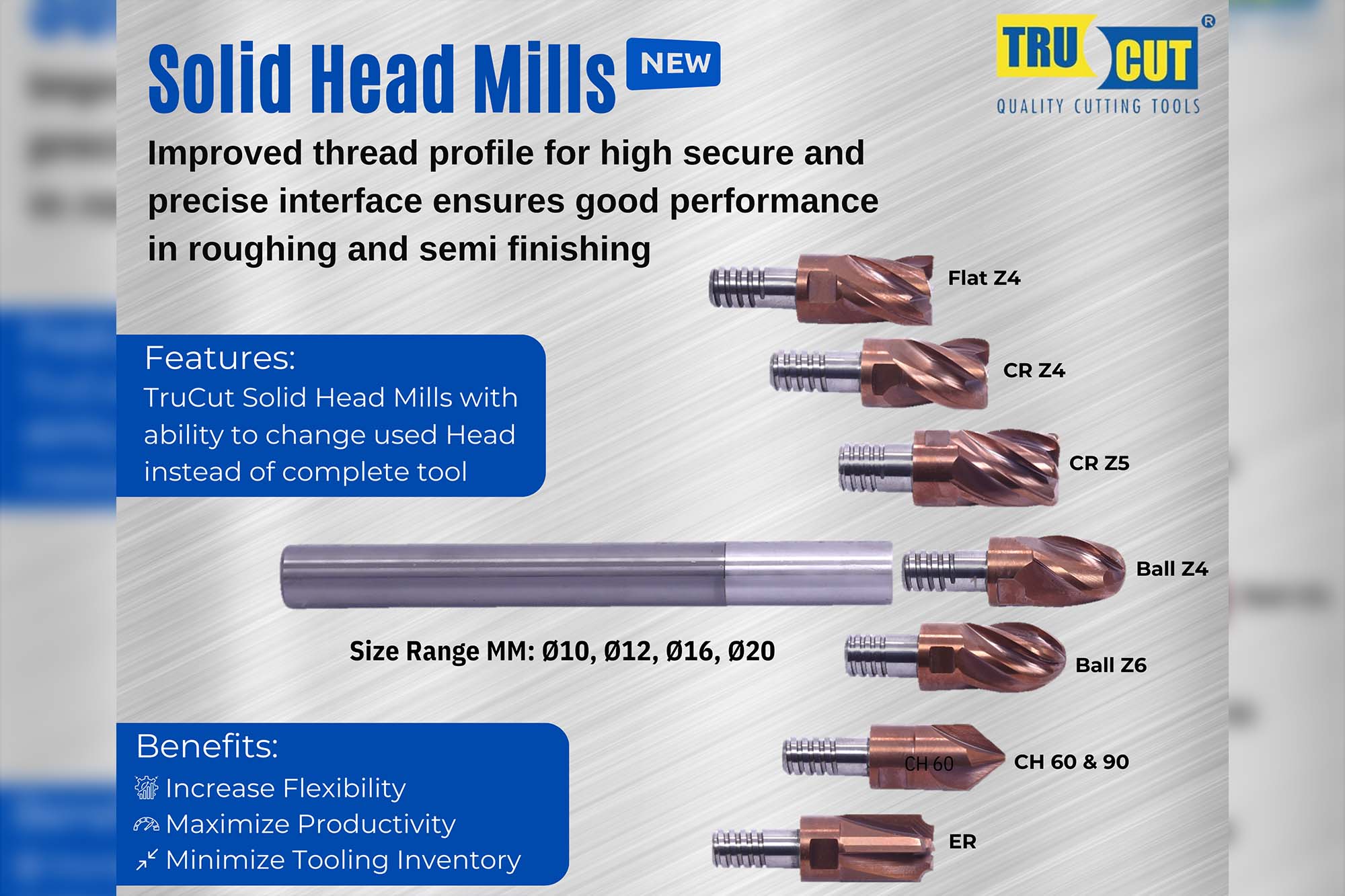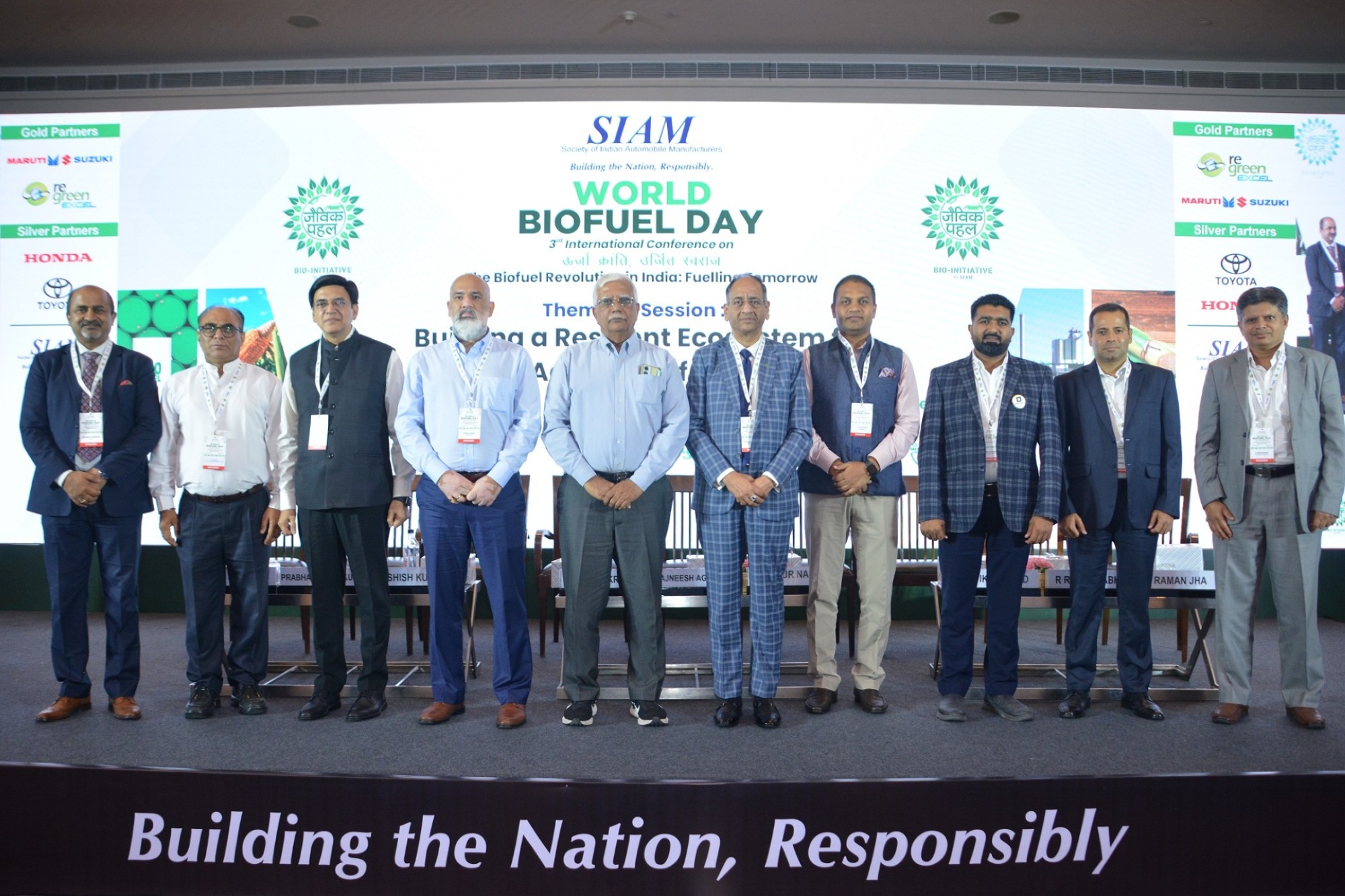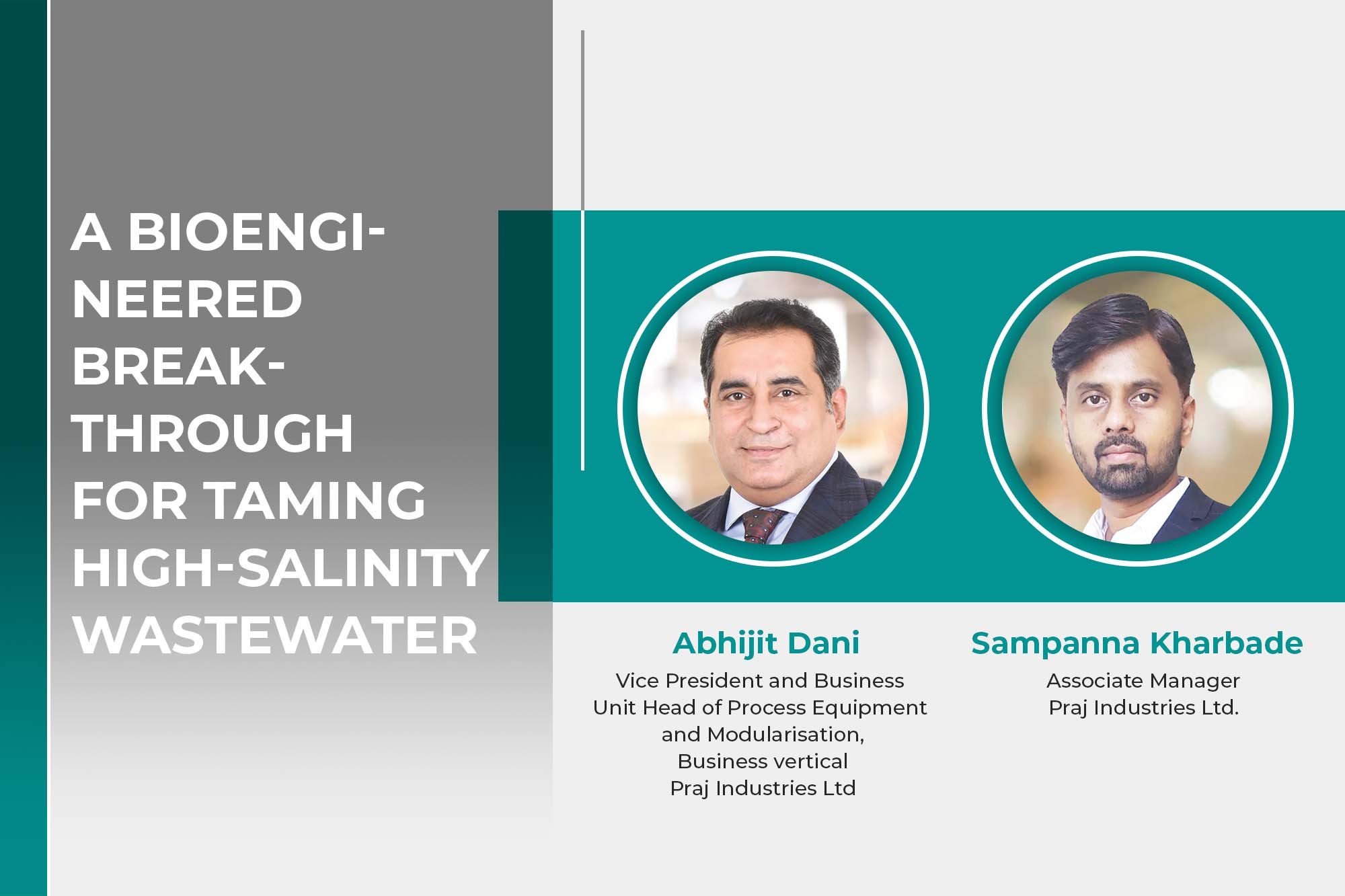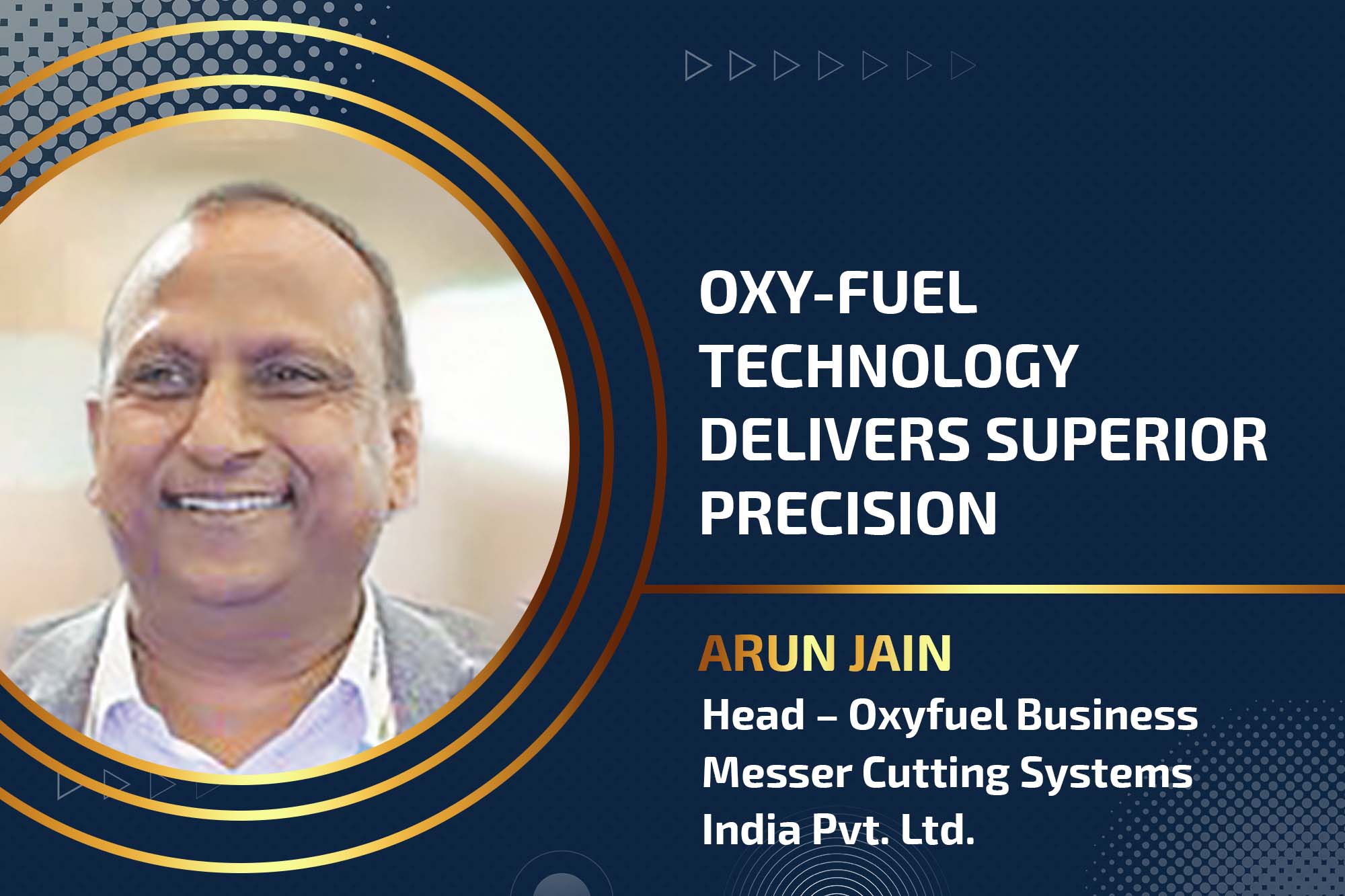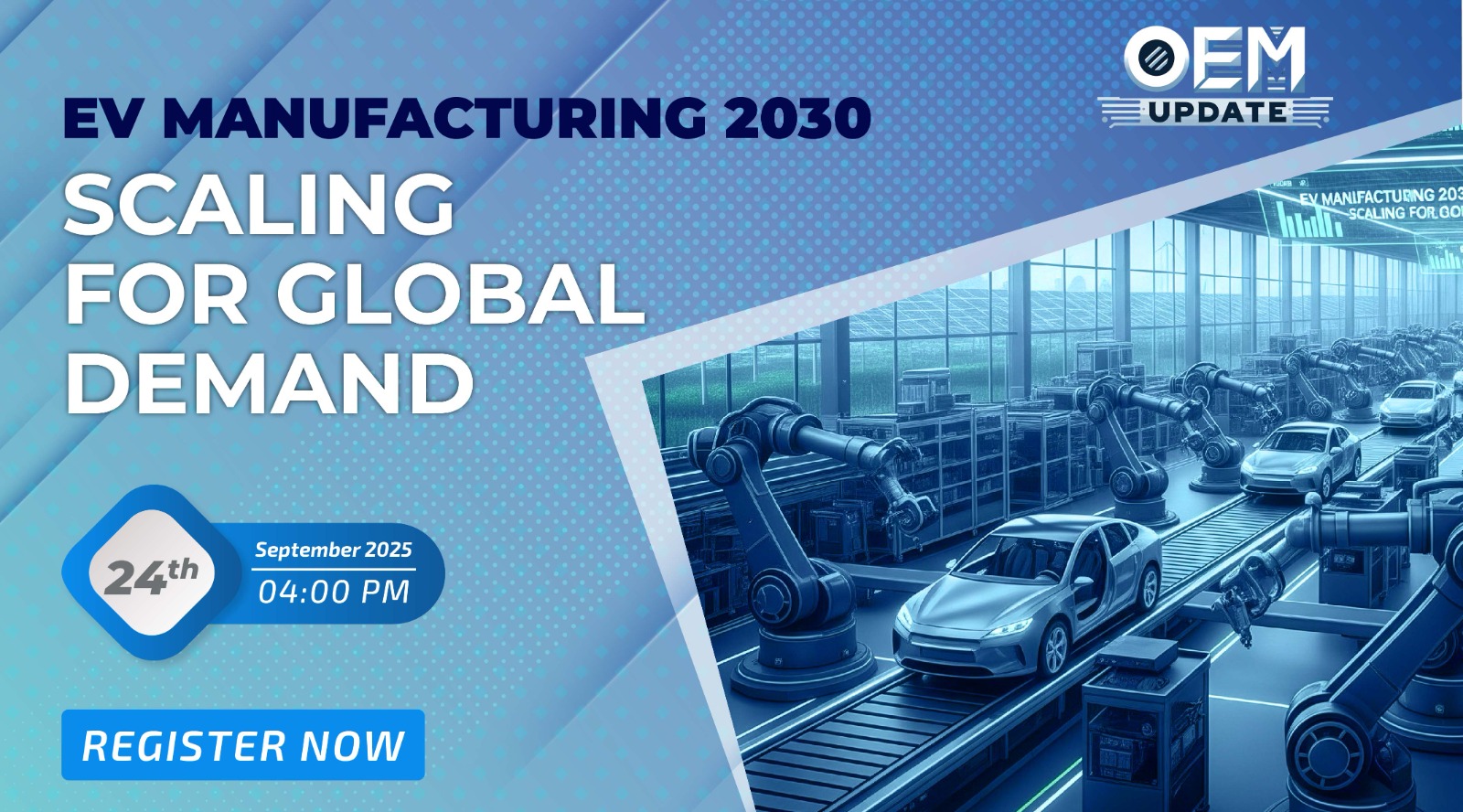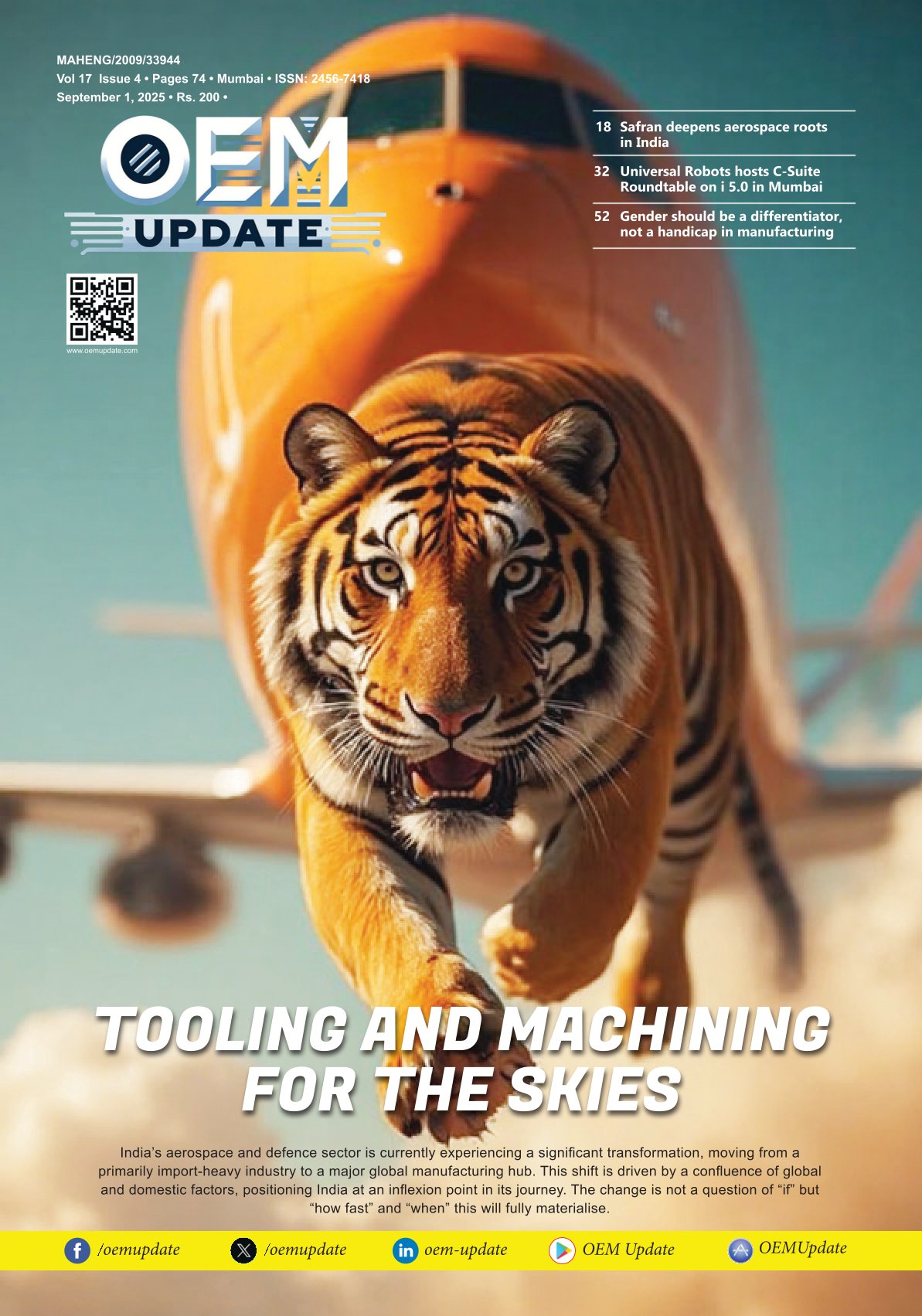5th AMS India focused on improving efficiencies and skilled workforce
By admin February 11, 2013 10:05 am IST
Managing changing consumer demands, skills shortages and supply chains has proved challenging to OEMs manufacturing in India, as this year’s AMS conference revealed
The 5th AMS India conference has attracted a strong line-up of speakers from both vehicle makers and tier suppliers. Despite difficulties with a slowing economy (albeit still growing) and unrest with the workforce, the outlook was positive for the coming year. However, some challenges still need to overcome if India is to develop its position as a global vehicle-manufacturing hub. Vinay Patil, Deputy General Manager (manufacturing operations), GM India, highlighted a number of areas. One concern is that there is currently a gap between safety practices in Indian plants and the global manufacturing benchmark, something that needs to be bridged to improve conditions and productivity, explained Mr Patil. He also felt that in India there was a shortage of skilled, experienced IT and production team managers. The issues of costs and quality could be addressed with more localisation and the application of global standards.
Representing Roland Berger consultants, Rajiv Bajaj provided an overview of the Indian automotive sector. Discussing future economic growth, he pointed to issues with inflation and pressure on the Indian currency as possible limiting factors. On a positive note, Mr Bajaj suggested that India was expected to be the fastest growing market for commercial vehicles over the next decade and although the market had slowed the passenger car segment was well placed for growth.
Cookie Consent
We use cookies to personalize your experience. By continuing to visit this website you agree to our Terms & Conditions, Privacy Policy and Cookie Policy.




